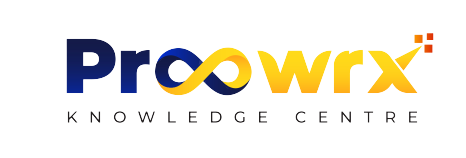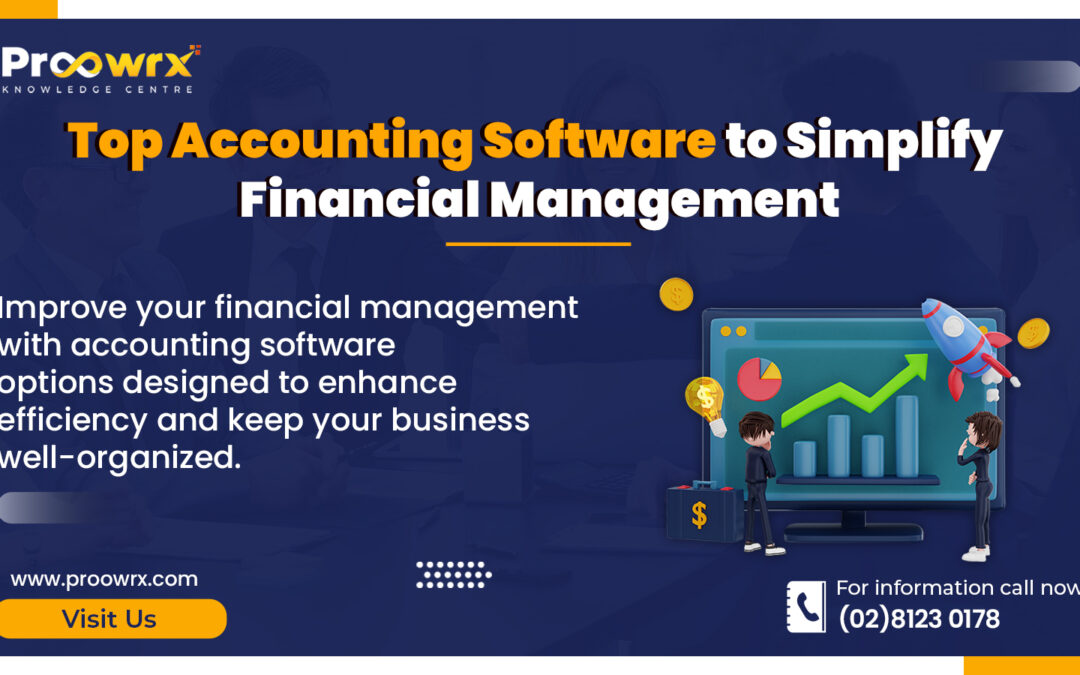Managing finances is one of the most demanding aspects of running a business. For many accounting professionals, juggling various tasks like bookkeeping, tax preparation, and financial reporting can feel overwhelming. The pressure to maintain accuracy, stay compliant with regulations, and ensure timely submissions can make financial management a daunting task.
Why Accounting Software Matters
The right software offers exceptional ease of use, robust features, functionality, and great value for money. It can simplify your financial tasks, helping you stay organized and compliant. Moreover, accounting software makes integration with other tools effortless, allowing for a seamless flow of information across your business operations.
Top Accounting Software to Consider
- QuickBooks Online
QuickBooks Online provides a complete view of how your business is performing in real-time, right from your desktop. It’s a favorite among small to medium-sized businesses due to its intuitive interface and strong integration capabilities. QuickBooks also offers excellent reporting features and the ability to automate tasks like invoicing and bank reconciliation, making financial management more efficient. - MYOB
MYOB is a versatile option that helps you manage your business from either your desktop or mobile device. With MYOB, you can access your information anywhere and at any time, providing flexibility for busy professionals. One of the standout features is the ability to cancel your plan at any time without extra costs or lock-in contracts. MYOB also offers integration with over 350 software and applications, helping to streamline your business processes effectively. - Xero
Xero is one of the most popular cloud-based bookkeeping software solutions available today. It’s particularly well-suited for tasks such as invoicing, tracking inventory, and keeping tabs on expenses. Xero’s ability to integrate with over 800 third-party apps makes it a flexible choice for businesses that rely on multiple tools, and its real-time data and financial reporting help businesses stay on top of their finances without the hassle of manual updates. - FreshBooks
FreshBooks is known for its ease of use, making it ideal for professionals who may not have a deep accounting background. It’s particularly strong in invoicing, allowing users to create and send invoices quickly. FreshBooks also offers time-tracking features, which are beneficial for service-based businesses, and it integrates well with popular payment processors, making it easier to get paid. - Wave
Wave is a great option for small businesses and freelancers looking for a free, yet feature-rich, accounting solution. It covers all the basics—like invoicing, expense tracking, and receipt scanning without any upfront costs. While it may not have all the bells and whistles of some paid options, it’s a solid choice for those who need to manage finances on a budget. - Zoho Books
Zoho Books is part of the Zoho suite of business tools, making it a great choice for businesses already using Zoho’s other products. It offers comprehensive accounting features, from tax compliance to inventory management. Zoho Books is scalable, so it can grow with your business, offering more advanced features as your needs evolve.
Conclusion
Choosing the right accounting software can transform the way you manage your finances, making it easier to stay organized, compliant, and efficient. QuickBooks Online, MYOB, and Xero are all strong contenders, each offering unique features to enhance your financial management. To read more related articles that you might find useful, be sure to explore our Business Toolkit section.

